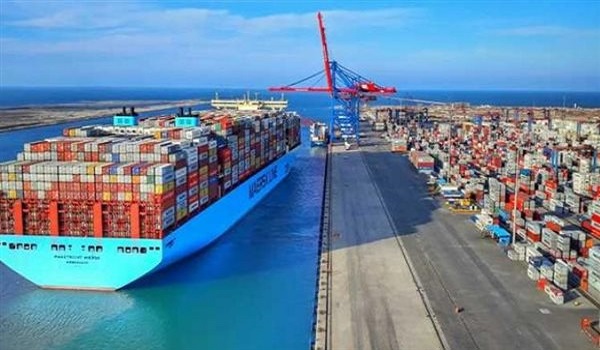Prices of sunflower and soybean oils in India have surged by 10% and 5%, respectively, over the past fortnight. The spike is attributed to shipping delays caused by the ongoing Red Sea crisis. The crisis has disrupted the usual shipping routes, leading major container shipping companies, including Maersk and Hapag-Lloyd, to opt for longer routes around Africa. This detour is a response to increased attacks on commercial vessels by Houthi militants in Yemen in the Red Sea.The Black Sea, a crucial route for sunflower oil transportation from Ukraine and Russia, is also facing challenges due to freezing conditions. Consequently, trade insiders report delays and increased costs in the arrival of sunflower oil.Pradeep Chowdhry, the Managing Director of Gemini Edibles & Fats India, stated, “The ports are not operating full-fledged in the Black Sea, and, therefore, there is a delay in the arrival of sunflower oil.”Traders anticipate that the shipping problems experienced since the previous month are likely to persist, indicating that prices may not immediately stabilize.Pradeep Chowdhry added, “Prices have firmed up, and going ahead, we do not see an immediate drop in prices. Rather, prices may go up further.”Also, concerns arise with Malaysia, a significant palm oil exporter to India, reporting a decline in palm oil inventories. If this trend continues, industry insiders predict an overall increase in edible oil prices in the coming months.India, which annually imports 14.5–15 million tonnes of edible oils, faces a challenge as 9 million tonnes consist of palm oil, while the rest comprises sunflower and soybean oil. The delayed imports of sunflower oil, primarily from Russia, Ukraine, and Argentina, have surged by $50 per tonne to $960 per tonne in the last two weeks, impacting domestic prices.Importers warn that if alternative routes are not explored, the arrival time for sunflower oil from the Russia-Ukraine region may extend to 40 days instead of the usual 28 days.Sandeep Bajoria, CEO of Sunvin Group, an edible oil importer, emphasized that while there is currently an adequate supply of edible oils in the Indian markets, the delay and price rise in imported oil will likely be passed on to consumers by edible oil companies.
In the palm oil sector, data from the Malaysian Palm Oil Board reveals a 4.64% decline in inventories within a month, reaching the lowest level since August at 2.29 million metric tonnes as of December end. If this trend persists in January, it may lead to a firming of palm oil prices.

